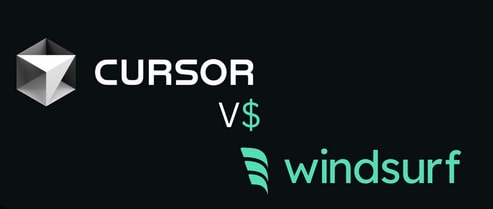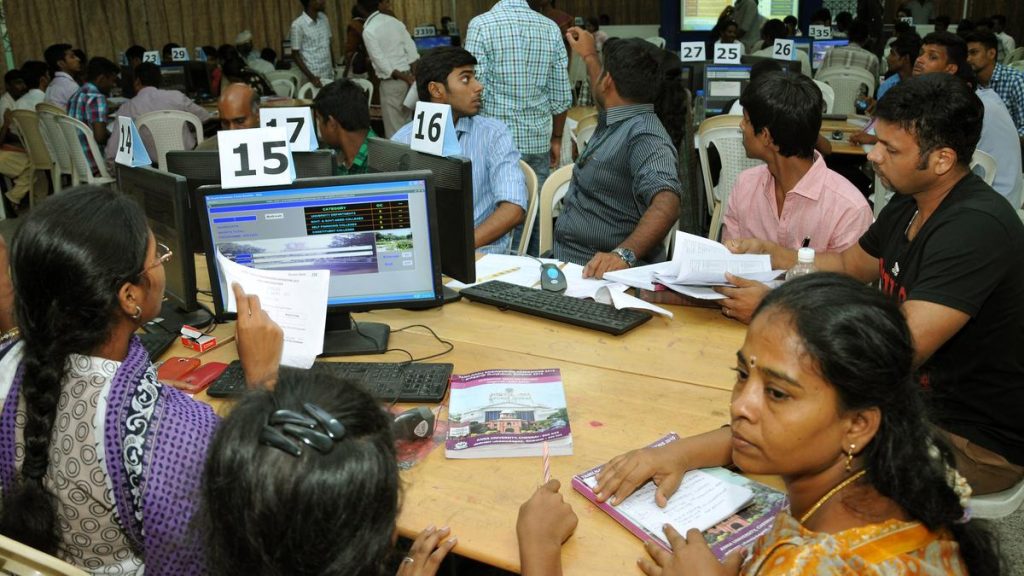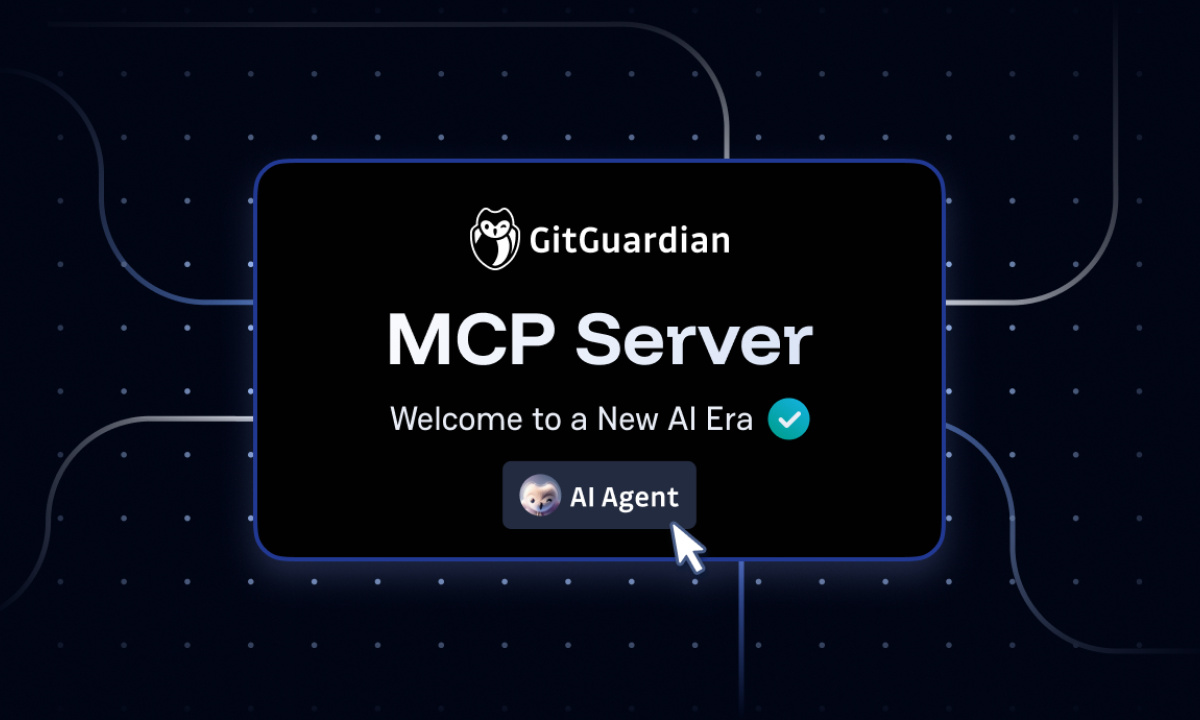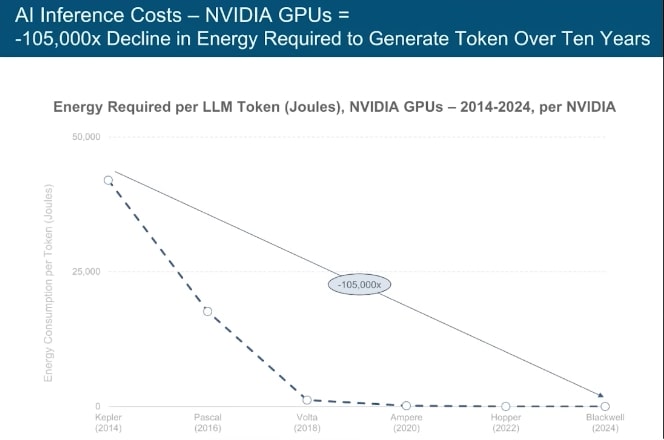Now Reading: Windsurf: Unveiling the Recent Developments
-
01
Windsurf: Unveiling the Recent Developments
Windsurf: Unveiling the Recent Developments

Quick Summary
- Windsurf Overview: Windsurf, an AI-powered developer tool, allows users to build full-stack applications using natural language prompts. Key features include real-time AI code completion, error correction, code refactoring, and search functionality within major IDEs.
- Valuation & Revenue Growth: Windsurf raised a Series C in September 2024 with a $1.25 billion valuation and rapid ARR growth from $40 million (Feb 2025) to $82 million (mid-2025).
- Buyout Offers: By mid-2025:
– OpenAI offered a $3 billion acquisition deal.
– Google employed teh CEO and other staff while negotiating around $2.4 billion for partial licensing of technology and team compensation.- The company’s remainder was acquired by Devin for an estimated stock-and-cash deal in the range of $1-$2 billion.
- Cursor’s Rival Positioning: Cursor raised funds at a higher valuation ($9.9 billion) with ARR surpassing $500 million by mid-2025 compared to Windsurf’s underperformance relative to Cursor.
- Cognition Labs & Devin’s Focus Areas:
– cognition Labs pioneers autonomous software engineering systems but remains pre-revenue despite prominence.
– Devin integrates advanced coding features that can execute multi-step projects independently; it is being piloted by goldman sachs for productivity enhancement.
Indian Opinion Analysis
The developments around Windsurf highlight the increasingly competitive landscape of AI-driven developer tools globally. While Windsurf showcased notable innovation with its collaborative “AI cockpit” functionalities, rival enterprises like Cursor outpaced it substantially in market traction and financial outcomes. Google’s recruitment of key personnel from Windsurf reflects its strategic intent on bolstering internal capabilities rather than outright acquisitions at sky-high valuations.
For India’s thriving tech sector, such instances offer dual lessons – navigating hyper-growth versus sustaining dominance amidst competition. Companies must balance aggressive innovation cycles with robust go-to-market strategies to avoid being outflanked by nimbler rivals or succumbing prematurely to acquisitions from global giants.
Devin’s adoption as an autonomous coding agent supported by entities such as Goldman Sachs could touch upon themes relevant for India’s IT workforce evolution – especially amidst growing calls for automation integration into large-scale software teams aimed at delivering enhanced productivity without displacing human capital drastically.

























